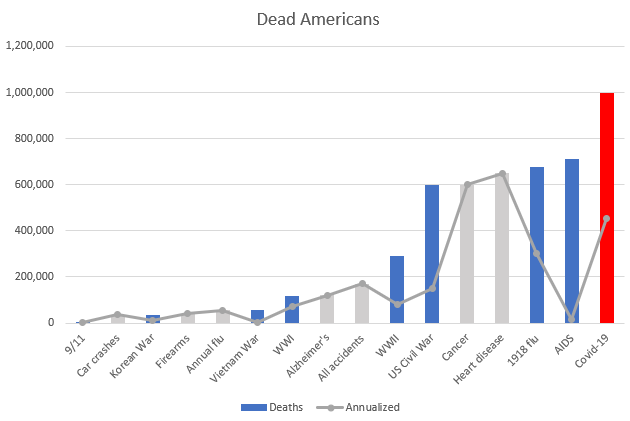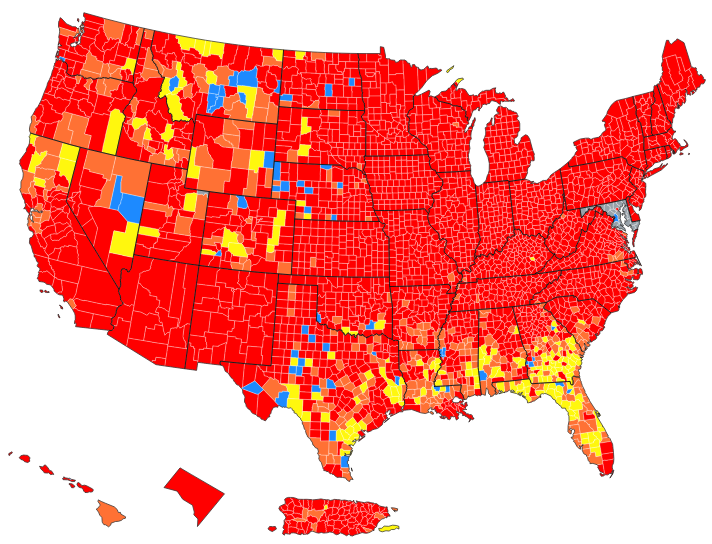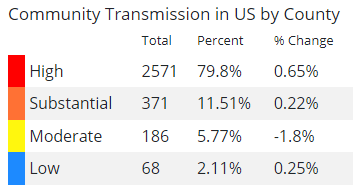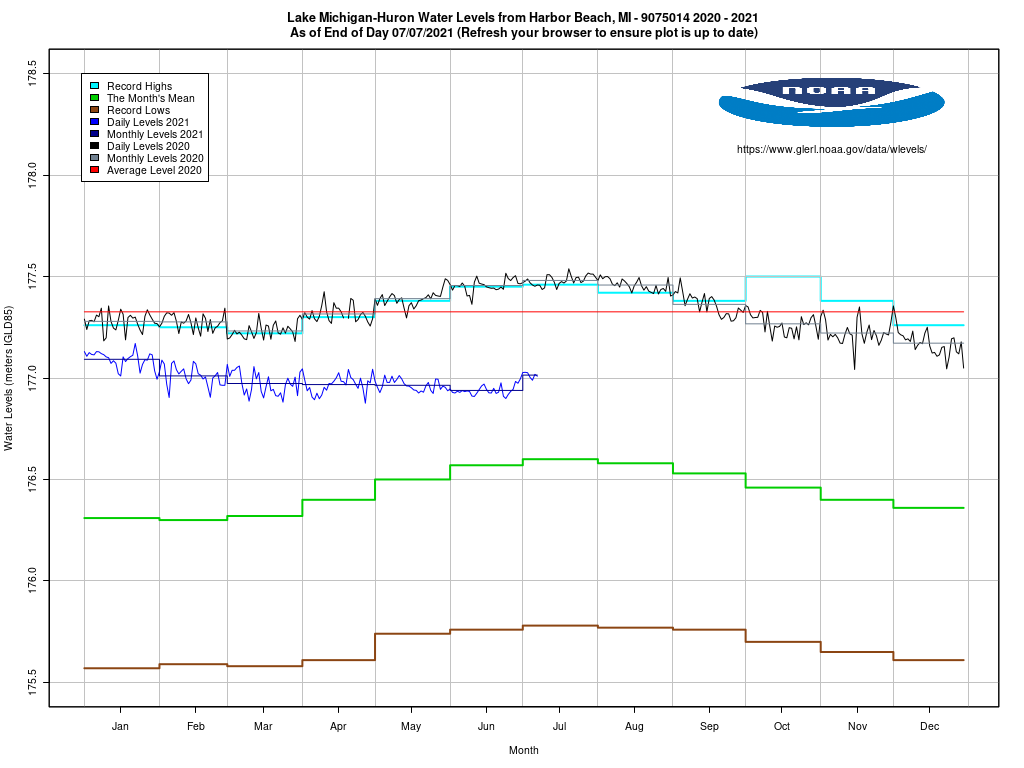McSweeney's channels Lovecraft—at Olive Garden:
Cheese Ravioli
A homogeneity characterized its flaxen cast. Bubbling sacks of slime upon a platter scorching. Beware! Doused in the pureed remains of a dozen orbic fruits, I feel my breath quicken and hands tremble as I pen its likeness as well as I might. My own mind conspires against me when presented with this frightful entrée. To dine? Or will my own visage mirror its sickly jaundice? I have touched with too much haste the vessel of Hades, a burn be my meal.
The Tour of Italy
A terse presentation of memories, three to be precise. A chicken, but unclucking. A plate of worms, wriggling in saucy terror. And then, horror unbounded, a cube of entombed layers coated in a crimson, comestible smear. Dreams fleeting and reborn, of monoliths—Pisa—floating mid-air and dripping gruel. A gurgling voice emerged from the deep, a chaos that did not speak a mortal tongue, a promise emitted: “Unlimahtated brrrrurdstihks!”
Meanwhile, over at the New Yorker, Dennard Dayle imagines a letter straight out of The Dark Forest:
Dear Citizen,
Congratulations! If you’re reading this, you’ve successfully contacted alien life. It’s not a dream—unimpeded by fear, you’ve accomplished what countless generations couldn’t. Impressive, considering fear’s role in survival. One could even say that you’ve achieved what they wouldn’t.
Take a bow. A hundred years from now, there will be a holiday named for you, observed across a changed galaxy: a day commemorating the moxie, intellect, and sheer luck needed to contact another world while knowing nothing about it.
You must wonder what comes next. After all, your imagination made this possible. Will there be media training? Your own office in low orbit? A well-deserved vacation? The answer is simple:
Liquidation.
I mean, they're not wrong...
If Cassie could (a) speak English and (b) understand the concept of "future" she would be quivering with anticipation about going to Ribfest tonight after school. Since she can't anticipate it, I'll do double-duty and drool on her behalf. It helps that the weather today looks perfect: sunny, not too hot, with a strong chance of delicious pork ribs.
Meanwhile, I have a few things to read on my commute that I didn't get to yesterday:
Finally, as I ride on the UP-N commuter line in an hour or so, I can imagine what it will be like when the train gets a battery-powered locomotive in a few years.
The CDC reported today that the US has officially passed 1 million Covid deaths:
The confirmed number of dead is equivalent to a 9/11 attack every day for 336 days. It is roughly equal to how many Americans died in the Civil War and World War II combined. It’s as if Boston and Pittsburgh were wiped out.
Three out of every four deaths were people 65 and older. More men died than women. White people made up most of the deaths overall. But Black, Hispanic and Native American people have been roughly twice as likely to die from COVID-19 as their white counterparts.
Of course, the CDC also believes we passed 1 million actual Covid deaths a few months ago, as the total number of excess deaths since 1 February 2020 has passed 1,119,000.
NPR reports that vaccine misinformation and Republican Party politics has led to a majority of those deaths in unvaccinated populations:
[W]e've been hit so hard due to fragmentation and inequalities in our health care system, as well as vaccine hesitancy, often fueled by politically motivated misinformation. Consider this, A - if you tally up the number of unvaccinated people who died from COVID after vaccines were open to all adults last year, it's about 319,000 lives lost, according to a Brown University analysis.
So Covid has killed more Americans than any other single event by many hundreds of thousands:

Three items:
- James Fallows reminds us that the US Senate filibuster "is a perversion of the Constitution," that "enables the very paralysis the founders were desperate to avoid," among other things. (He also links to an essay by former US Senator Al Franken (D-MN) about how cynical the filibuster has become.)
- Jacob Rosenberg brings together workers' own stories about how they got fed up, illustrating how "the big quit" happened.
- Canadian political scientist Thomas Homer-Dixon has had enough of the political disunion in the failing democracy to his south, and worries what that will mean to Canada.
On the hopeful side, though, we have the Webb Space Telescope gently nudging its mirrors into place at a rate of about 1 millimeter per day.
The James Webb Space Telescope took off from French Guiana this morning at 6:20 CST:
Ground teams began receiving telemetry data from Webb about five minutes after launch. The Arianespace Ariane 5 rocket performed as expected, separating from the observatory 27 minutes into the flight. The observatory was released at an altitude of approximately 75 miles (120 kilometers). Approximately 30 minutes after launch, Webb unfolded its solar array, and mission managers confirmed that the solar array was providing power to the observatory. After solar array deployment, mission operators will establish a communications link with the observatory via the Malindi ground station in Kenya, and ground control at the Space Telescope Science Institute in Baltimore will send the first commands to the spacecraft.
The telescope will travel for 30 days to Lagrange 2, the point just outside Earth's orbit where the gravities of Earth, the Moon, and the Sun create a stable solar orbit:
This special orbit allows one side of Webb’s sunshield to always face the Sun, Earth, and Moon, blocking their heat and light from reaching the telescope’s heat-sensitive optics. Webb’s month-long journey takes it to the second Lagrange (L2) point, one of five positions in space where the gravitational pull of the Sun and Earth balances the centripetal force required for a spacecraft to move with them. This makes Lagrange points particularly useful for reducing the fuel required for a spacecraft to remain in position. The location also enables continuous communications with Webb through the Deep Space Network, an international array of giant antennas managed by NASA’s Jet Propulsion Laboratory (JPL).
Shortly after the telescope parks at L2, it will start investigating the far-infrared radiation from the era 10 billion years ago when galaxies first formed. At this writing, Webb is 70,000 km from Earth and has another 1.37 million km to go.
SARS-Cov-2-omicron continues its march through the world, aided in part by a lack of tests that could detect and mitigate Covid infections early on. The Times reports that a Texas man died of the omicron variant despite his fantastical belief that a previous Covid infection rendered him immune. One would hope this would cure the metastasizing delusions of "herd immunity" incubated within the thick skulls and vulcanized brains of the voluntarily unvaccinated, but no, we live in 'Murica.
Meanwhile, Omicron looks more and more like a mild but super-contagious virus that probably won't send vaccinated people to the hospital. And the Walter Reed Army Research Institute quietly announced yesterday that they have developed a vaccine that targets all SARS viruses, not just Cov-2. So for people who have either the sense or the compassion to get vaccinated (and boosted), Covid-19 looks well on its way to becoming just another coronavirus, like the common cold.
Don't celebrate victory just yet, though. In the war against Covid-19 we may have gotten to December 1944, but Germany hasn't surrendered. The UK announced 100,000 new Covid cases just yesterday, a new record, and here in the US we've passed 51 million cases and 805,000 deaths, on course to hit 2 million deaths by the lockdown's 2-year anniversary in March.
This map does not make me happy:


About that WWII analogy: By December 1944, the Allies knew they would win eventually. But people living through the war had no idea how long it would continue. Even if they had known, at that point war would continue in Europe for six more months and in the Pacific for three more after that, killing millions more people. Imagine living in eastern France that winter, with the Allies fighting Germany for every hectare of land and you between them, starving. That's where we are today.
I think next summer will feel a lot like the summer of 1945. We'll have a lot to clean up, but we won't be dying as much. Then we can get back to eroding our democracy one congressional district at a time.
Update, 14:15 CST: The Atlantic's Yascha Mounk has similar thoughts.
I've opened nearly every window in my house to let in the 15°C breeze and really experience the first real fall morning in a while. Chicago will get above-normal temperatures for the next 10 days or so, but in the beginning of October that means highs in the mid-20s and lows in the mid-teens. Even Cassie likes the change.
Since I plan to spend nearly every moment of daylight outside for the rest of this weekend, I want to note a few things to read this evening when I come back inside:
Finally, if you really want to dig into some cool stuff in C# 10, Scott Hanselman explains implicit namespace support.
Only about 7 more hours of meteorological summer remain in Chicago. I opened my windows this afternoon for the first time in more than two weeks, which made debugging a pile of questionable code* more enjoyable.
Said debugging required me to put these aside for future reading:
Finally, one tiny bit of good news: more Americans believe in evolution than ever before, perhaps due to the success of the SARS-COV-2 virus at evolving.
Goodbye, Summer 2021. It's been a hoot.
* Three guesses who wrote the questionable code. Ahem.
Having finished Hard Times, I started a new book last night, and realized right away it will take me a year to read. The book, Shit Went Down (On This Day in History) by James Fell relates an historical event for each day of the year. The recommendation came from John Scalzi's blog. I have about 60 recommendations from Scalzi's blog now, and someday I might read a fraction of those books.
Fell's book reminds me that on this day in 1925, a jury in Dayton, Tennessee, convicted John Scopes of teaching human evolution in a state-funded school. Despite the wonderful things that have come out of Tennessee, the state's constant competition with neighboring Mississippi and Alabama for the "stupidest legislation of the decade" award always entertains. My friends from the state assure me that smart people actually do live there, but their protestations have less of a persuasive effect given they left Tennessee at the first opportunity.
In any event, I really need to carve out more time for reading. Come on, UK, open up to vaccinated visitors already! I need the airplane time.
Dan Egan, author of The Death and Life of the Great Lakes (which I read last November while staring out at one of them), explains in yesterday's New York Times how climate change will cause problems here in Chicago:
[T]he same waters that gave life to the city threaten it today, because Chicago is built on a shaky prospect — the idea that the swamp that was drained will stay tamed and that Lake Michigan’s shoreline will remain in essentially the same place it’s been for the past 300 years.
Lake Michigan’s water level has historically risen or fallen by just a matter of inches over the course of a year, swelling in summer following the spring snowmelt and falling off in winter. Bigger oscillations, a few feet up or down from the average, also took place in slow, almost rhythmic cycles unfolding over the course of decades.
No more.
In 2013, Lake Michigan plunged to a low not seen since record-keeping began in the mid-1800s, wreaking havoc across the Midwest. Marina docks became useless catwalks. Freighter captains couldn’t fully load their ships. And fears grew that the lake would drop so low it would no longer be able to feed the Chicago River, the defining waterway that snakes through the heart of the city.
That fear was short-lived. Just a year later, in 2014, the lake started climbing at a stunning rate, ultimately setting a record summertime high in 2020 before drought took hold and water levels started plunging again.
Egan explains in detail what that means for us, culminating in the harrowing near-disaster of 17 May 2020, when record rains combined with a record-high lake to make draining downtown Chicago almost impossible.
I should note that, after falling for 11 consecutive months, the lake has started to rise again (blue line), and we haven't even gotten down to our long-term average (green line):

I've said for decades that Chicago will fare better than most places, but that doesn't mean we'll have it easy. Nowhere will.